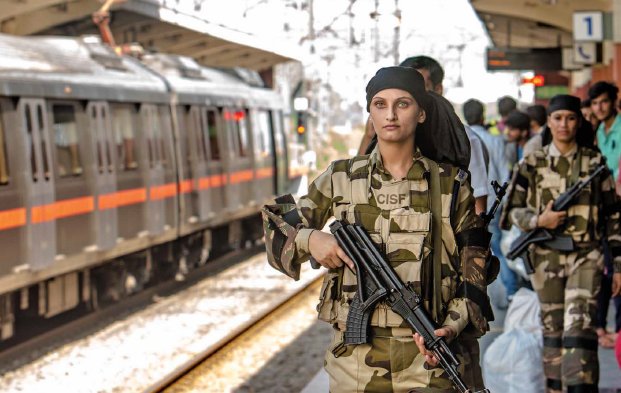Tensions between India and Pakistan have hit a new low. This follows a brutal attack in Indian-administered Kashmir that killed 26 people.
The attack happened Tuesday afternoon in Baisaran Valley, often called “mini Switzerland” because of its scenic beauty.
A militant group known as The Resistance Front has reportedly claimed responsibility. Indian authorities say the group is linked to Lashkar-e-Taiba, a Pakistan-based extremist outfit.
India immediately blamed Pakistan for backing the terrorists. “We will not stay silent while cross-border terrorism continues,” said an Indian security official in New Delhi.
Pakistan denied any involvement. Instead, they turned the spotlight back on India. “India continues to oppress the people of Kashmir and refuses their basic rights,” said a spokesperson for Pakistan’s Ministry of Foreign Affairs.
A Long History of Conflict
India and Pakistan have had a rocky relationship since both gained independence in 1947. They’ve fought four wars—three over Kashmir—and had countless border clashes.
The latest blow comes after years of simmering tension. In 2019, India’s government removed Article 370 from its constitution. That decision stripped Jammu and Kashmir of its limited autonomy. Since then, diplomatic relations with Pakistan have been ice cold.
This week’s violence added fuel to the fire.
Read Also | Gunmen Attack Kashmir Resort, Killing 26 Tourists
In response to the attack, India expelled Pakistani diplomats and suspended all trade talks. The government also closed land borders and froze the historic Indus Waters Treaty. That treaty had stood since 1960 and governed the sharing of water from rivers flowing through both countries.
An Indian official said the suspension will last “until Pakistan credibly and irrevocably abjures its support for cross-border terrorism.”
Escalation in Diplomatic Warfare
Pakistan responded with equal force on Thursday. It shut its airspace to Indian-owned and operated aircraft. It also suspended multiple bilateral agreements.
Three Indian defense advisers—air, naval, and military—were ordered to leave Islamabad. Pakistan’s Foreign Ministry declared them “persona non grata.”
International observers are watching closely. Many fear that further escalation could lead to military conflict, or worse. Both countries are nuclear powers. In past incidents, rising tensions have put the region on edge and prompted urgent talks from global leaders.
Meanwhile, life in Kashmir remains tense. Local residents have reported more soldiers on the streets and severe restrictions on movement.
One Kashmiri shopkeeper told local media, “We just want peace. These clashes always end up hurting ordinary people like us.”
Whether this current crisis calms down or explodes further may depend on how both governments handle the coming days.
Like 👍, Comment, share this article, and Follow us on our social media handles.







It Is a pity! What a world we are living in? No peace in any regi! No security!